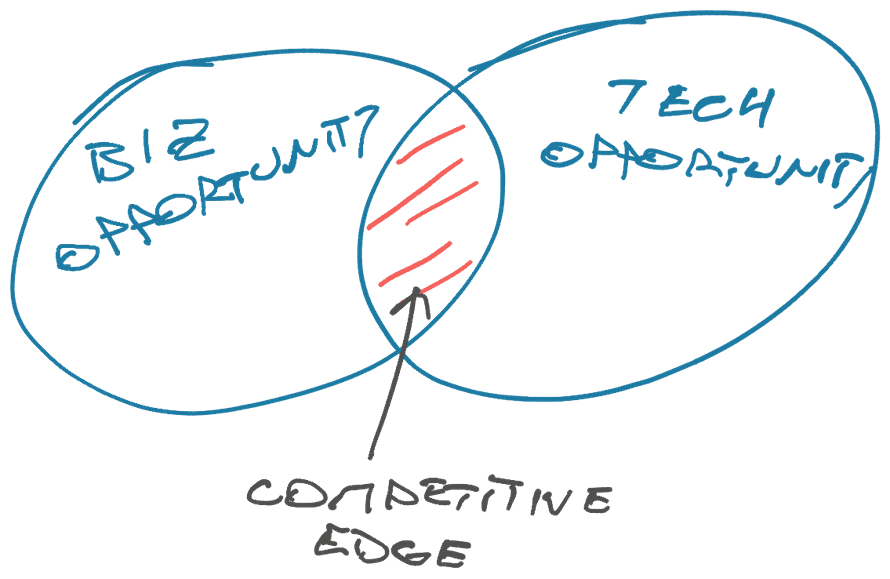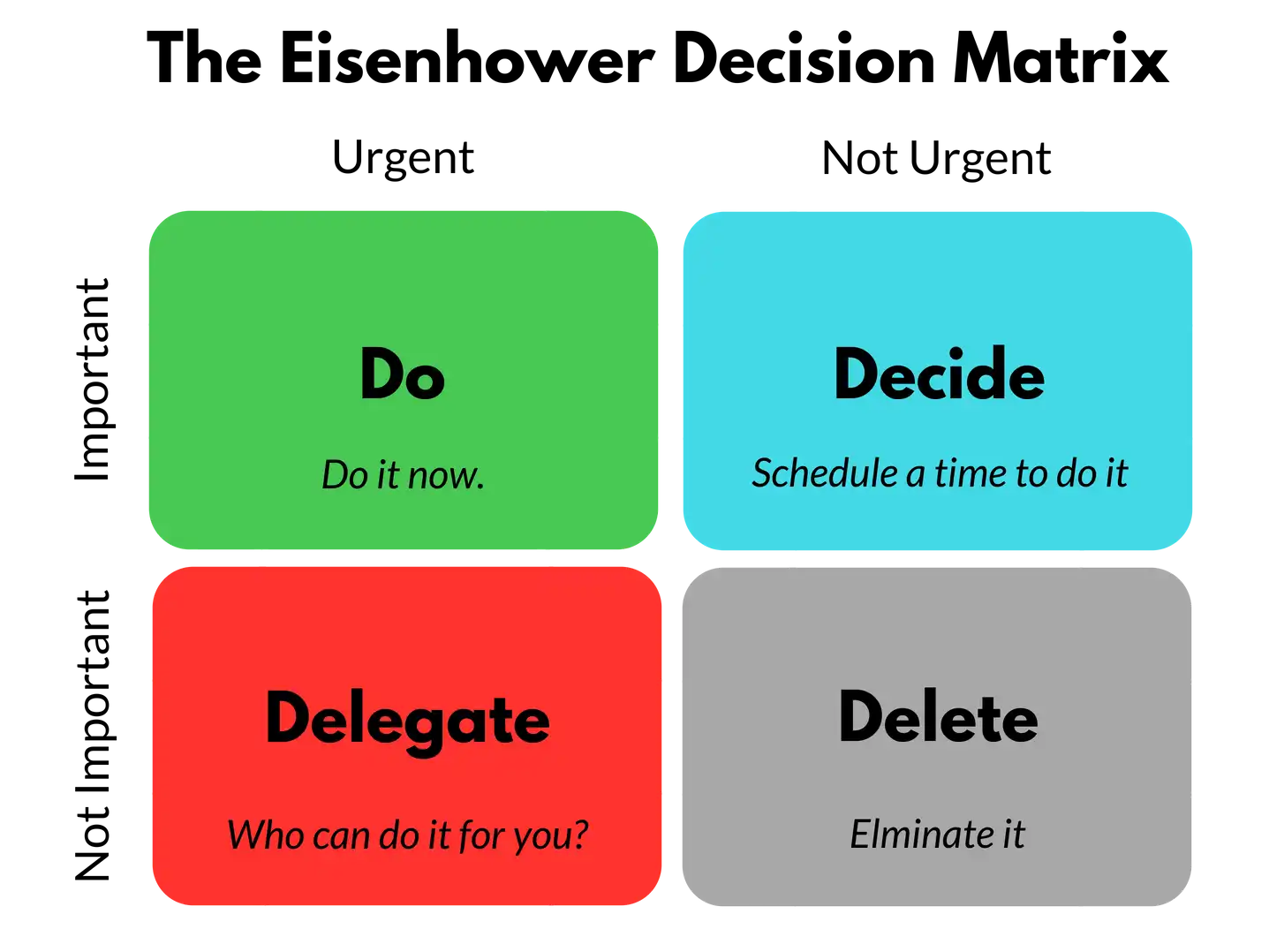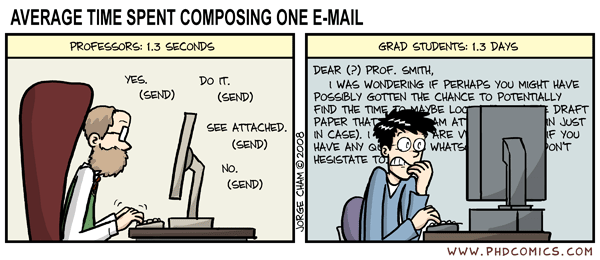Advancing big goals while you stay on top of operational day-to-day fires is the job. This is hard. Here are a few tips I've found helpful.
How many ad-hoc fires you have depends on who you work with. Different teams have a different buxton index. Marketing likes things fast and short-term, while core product features may be measured in quarters or even years.
Operations has both. New fires every day while asking for long-term solutions that make those fires never happen again.
Business situational awareness
Your first task is to build situational awareness. What is important to the business? Where are you going? What's in store 2 days, 2 weeks, 2 months, and 6 months from now? How will the business evolve? What are the teams you support going to need?
This helps you judge what's important and what's a distraction. Ideally long-term goals flow from the top, but as you get higher in your career you have to start setting those goals. You are your manager's eyes and ears to the ground. They'll come to you asking for what you've heard, what's the news, what's going on, what needs doing?
The most effective high level ICs collect gossip and go "Hey Boss, these 5 things are going wrong right now. I think A and B are the most critical. Does that match your perception?"
And then you go solve A and B.
Industry situational awareness
As well as owning your area of the business, you may be the subject expert for your technology field. Eugene wrote in his tips for principal engineers that it's like being a product manager/owner of a technology.
That means you need situational awareness of the industry. Where is your field going? What new technologies are on the horizon that your company could use and gain a slight edge on the competition? What are people in the industry excited about? What's going to be hot next year? What new problems are you able to solve easily that seemed impossible 6 months ago?
This influences how you drive technical decisions. I like to have a broad view of what's out there and nudge my engineers to leverage those technologies when I spot an opportunity.
Mind the intersection
The intersection between business and industry situational awareness is where you create a competitive edge for your company. This is your superpower as a high level technical IC.

Solving business problems in novel ways that juuust became possible is the magic sauce. More elegant, more efficient, better user outcomes. This is how you deliver products that blow people's minds.
Stay on top and make progress
Your situational awareness comes from talking to people. You have to talk to people inside your company. Slack, meetings, chats in the office, snooping on docs, whatever works for you and your org. You don't need to know every detail but the more people you talk to, the more idea you'll have what's happening in their world.
Industry situational awareness comes from getting out of the building and talking to people. Twitter, Discord groups, conferences, coffee chats, whatever works for you and your industry. Find those watering holes and pay attention.
But as Charity Majors says, remember to do your core job first. All this other stuff is extra and on top. Deliver results first. As you grow, this other stuff may become the whole job.
So how do you do that?
Use the matrix

I like the eisenhower matrix. If it's urgent and important, do it right away. If it's urgent and not important, delegate (Cursor agents are good for this). If it's not urgent and important, schedule time to work on it. If it's neither urgent nor important, throw it on the backlog. Stops distracting you, feels saved, and we all know you'll never get to it. It's okay :)
Not urgent and important is the hardest, I find.
You gotta let small fires burn, put on your blinders, and focus on making it happen. Setting time aside for this helps. I'm increasingly doing this stuff over the weekend or in my evenings when Slack quiets down. This is a bad habit but that's what it takes right now.
For example to write my book, I spent 2 years writing every morning at 6am or 7am for at least 20 minutes. I write these newsletters in the mornings. Because it's important but never urgent.
Without situational awareness you won't know what's important :)
Use the urgent to do the important
This is my favorite trick. By having situational awareness and a long-term, you can do urgent things in a way that ladders you up to achieving long-term goals.
For example, the 5th time someone asks you to edit product information, you can build a quick CMS. Now product managers can self-serve and you've solved this fire forever.
Say less
Advice I give to my engineers: write less. Short, to the point, bullet points if you can. Saves everyone a bunch of time. Nobody wants to read your prose.
To borrow an old favorite from PhDcomics

1 emoji is better than 2 sentences. And please please just send me the prompt, not the LLM waffle that came out.
Cheers,
~Swizec
Continue reading about The job behind the job [of a high level IC]
Semantically similar articles hand-picked by GPT-4
- How do you prioritize?
- Leadership lessons from growing 3x in 1 year
- Let small fires burn
- How *do* you break down a large project?
- Yes it's like spinning plates
Learned something new?
Read more Software Engineering Lessons from Production
I write articles with real insight into the career and skills of a modern software engineer. "Raw and honest from the heart!" as one reader described them. Fueled by lessons learned over 20 years of building production code for side-projects, small businesses, and hyper growth startups. Both successful and not.
Subscribe below 👇
Software Engineering Lessons from Production
Join Swizec's Newsletter and get insightful emails 💌 on mindsets, tactics, and technical skills for your career. Real lessons from building production software. No bullshit.
"Man, love your simple writing! Yours is the only newsletter I open and only blog that I give a fuck to read & scroll till the end. And wow always take away lessons with me. Inspiring! And very relatable. 👌"
Have a burning question that you think I can answer? Hit me up on twitter and I'll do my best.
Who am I and who do I help? I'm Swizec Teller and I turn coders into engineers with "Raw and honest from the heart!" writing. No bullshit. Real insights into the career and skills of a modern software engineer.
Want to become a true senior engineer? Take ownership, have autonomy, and be a force multiplier on your team. The Senior Engineer Mindset ebook can help 👉 swizec.com/senior-mindset. These are the shifts in mindset that unlocked my career.
Curious about Serverless and the modern backend? Check out Serverless Handbook, for frontend engineers 👉 ServerlessHandbook.dev
Want to Stop copy pasting D3 examples and create data visualizations of your own? Learn how to build scalable dataviz React components your whole team can understand with React for Data Visualization
Want to get my best emails on JavaScript, React, Serverless, Fullstack Web, or Indie Hacking? Check out swizec.com/collections
Did someone amazing share this letter with you? Wonderful! You can sign up for my weekly letters for software engineers on their path to greatness, here: swizec.com/blog
Want to brush up on your modern JavaScript syntax? Check out my interactive cheatsheet: es6cheatsheet.com
By the way, just in case no one has told you it yet today: I love and appreciate you for who you are ❤️

